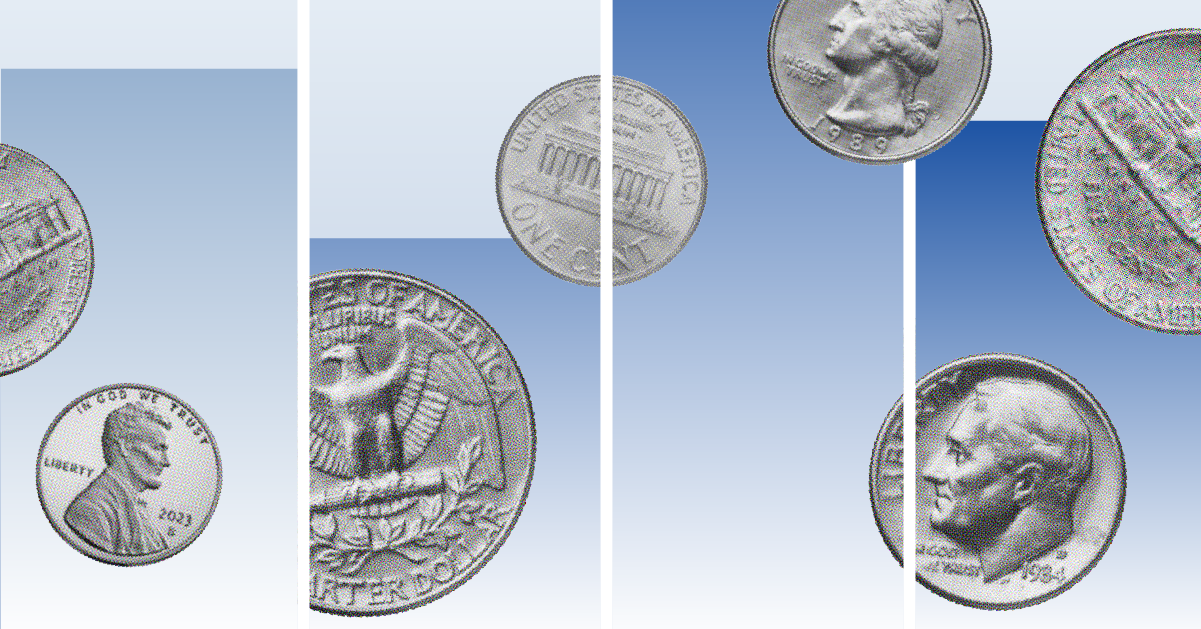UK equities closed higher on Thursday, putting an end to three consecutive days of losses under pressure from concerns surrounding Dubai’s debt, sovereign credit ratings and the Chancellor’s pre-Budget report. The FTSE’s European counterparts and Wall Street also traded ahead as debt concerns waned and the US trade gap unexpectedly narrowed.
The FTSE 100 index took on 40.5 points or 0.8% to close at 5,244.4, while the FTSE 250 index added 39.1 points or 0.4% to 8,958.6.
Across the pond, sentiment was lifted by official figures showing US exports rose strongly in October and helped narrow the economy’s trade deficit to just under $33 billion, rather than stretching it to $37 billion. This latest trade report also helped overshadow worse-than-predicted weekly jobless claims.
Here in the UK, following Alistair Darling’s pre-Budget report yesterday, attention switched to the Bank of England’s Monetary Policy Committee meeting, where interest rates were kept at 0.5% and the asset-purchase programme’s target was maintained at £200 billion. Revisions had not been expected for either but investors hoping for some insight into the Bank’s exit strategy were disappointed and will have to wait for next week’s meeting minutes to garner any further details on Committee negotiations.
With recent events having taken their toll on London-listed banks, Lloyds Banking Group, Barclays, Royal Bank of Scotland, Standard Chartered and HSBC all took on between 2.0% and 6.5% as bargain-hunters returned to the financial sector—Lloyds being the FTSE 100’s strongest performer.
Media reports that UK lenders have agreed to reschedule Dubai World's debt help attract investors to the sector, while other financials such as insurer Standard Life, hedge fund manager Man Group and asset manager Schroder each added 3.1%-4.1%.
Overall index gains belied ongoing market uncertainty, however, as investors also bought into stocks oft sought out for their defensive characteristics. As such, household products and food manufacturer Unilever ticked up 1.7%, utility provider Severn Trent gained 1.5% and pharma giant GlaxoSmithKline took on 1.4%.
The latter also received a fillip on the back of comments from president of emerging markets, who said ahead of an investor briefing that the group will continue to pursue acquisitions and alliances in emerging markets—offering reassuring implications about management’s outlook.
On the flipside, resource and property stocks combined to minimise broader index gains. The relative strength of the US dollar saw commodity prices slide and investors switch out of miners and oil refiners, while commercial property plays suffered at the hands of profit takers. Xstrata, Rio Tinto and Vedanta Resources led the metal extractors lower, shedding 2.1%, 1.4% and 0.6%, respectively, and Tullow Oil, BP and Royal Dutch Shell took the main losses for the oil sector, down 0.5%-1.6% apiece.
On the second line, DS Smith was the clear outperformer, surging 13.4% after announcing it is likely to beat its own full-year forecasts.
This market commentary, as well as equity analysis, funds research and personal finance articles, can be delivered direct to your inbox on a daily basis with Morningstar's daily newsletter.
























